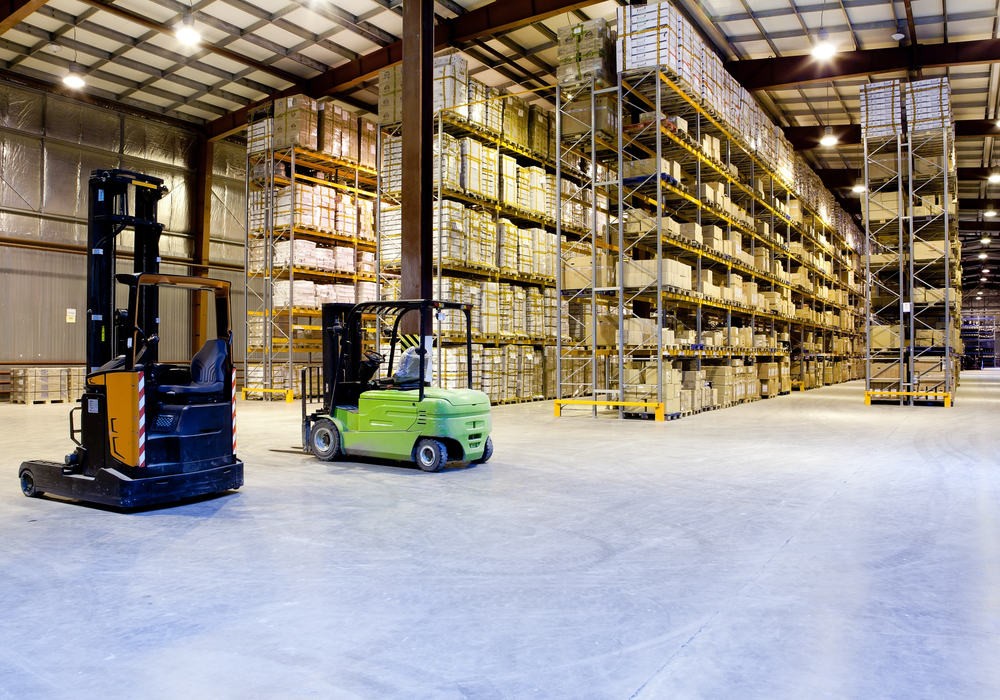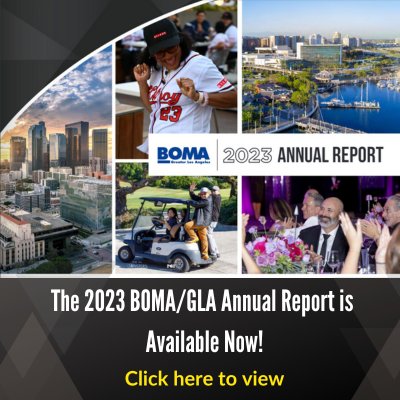Air Board Approves New Trucking Regulations, Will Cost Warehouse Operators Millions

After hours of deliberation and public input, the South Coast Air Quality Management District moved forward with a new trucking regulation that would cost warehouse owners and operators significant fees. The Indirect Source Rule, approved on a 9-4 vote, will create many challenges as the economy begins to re-open.
What is the Indirect Source Rule (ISR)?
The Industry Source Rule (ISR) is a new air quality rule by the South Coast Air Quality Management District (SCAQMD) that will soon require warehouse owners and operators to either reduce truck emissions or pay a substantial fee to the SCAQMD Board.
The ISR rule would also:
- apply to over 3,000 warehouses of 100,000 square feet and larger in Southern California.
- require warehouse operators to track all actual truck trips by size/emissions type
- force warehouse operators to cover any additional administrative costs.
Moreover, the proposed rule will also impose additional, permanent costs on warehouses of approximately $.90 per square foot, totaling close to $1 billion annually.
The ISR impacts warehouses and falls short of it's goals
Although the Indirect Source Rule has good intentions, in practice, it does very little to improve air quality. In fact, South Coast AQMD staff conceded that there is no hard data to prove that it will reduce emission.
To comply with the ISR rule, warehouse operators would have to invest significant capital to buy zero-emission vehicles, or install solar panels beyond the current requirements.
However, most warehouses will end up paying the fee as it will not be feasible comply with all the regulation mandates. After all, very little electric infrastructure for trucks currently exists.
It's also important to note that warehouse operators have no control over the types of trucks that go into their warehouse. It's comparable to how restaurants or retail stores have no control over what cars enter their parking lot.
Moreover, the ISR rule would heavily impact the logistics industry, which plays a key role in fighting COVID-19 through the distribution of medical supplies, vaccines, and PPE equipment.
BOMA/GLA has long been a leader in promoting energy efficiency and sustainability. BOMA/GLA and our CRE partners advance sustainability goals through our Sustainability Committee, and support efforts to improve energy efficiency.
However, we also believe that punitive approaches are unreasonable, and do more to disadvantage our stakeholders.
We firmly oppose an increase on fees during the COVID-19 pandemic and time of economic difficulty.
The logistics industry is a lifeline to our region and the nation, and is instrumental in our COVID-19 re-opening journey. While the ISR rule has been approved, we are currently considering other options moving forward.


